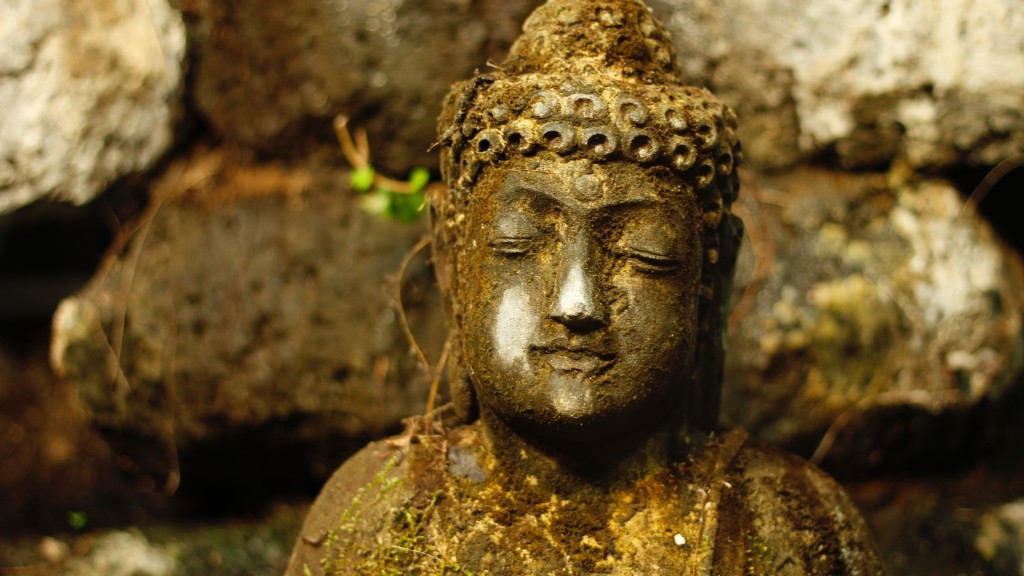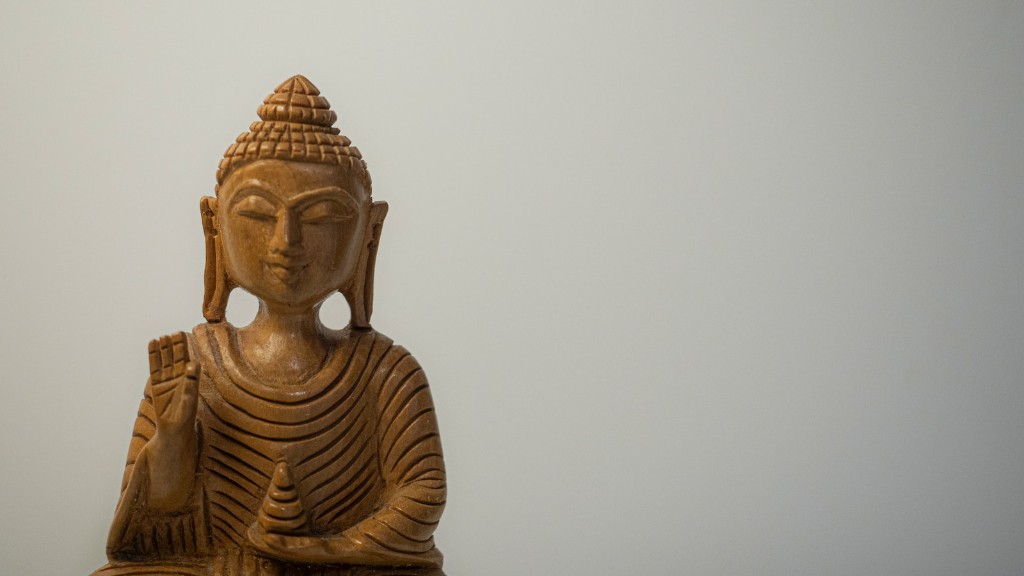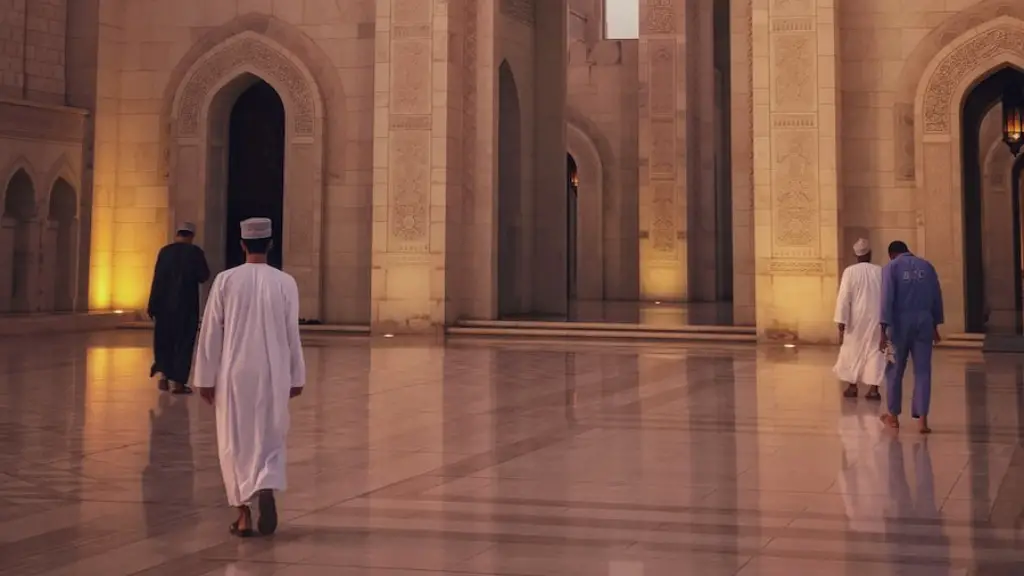The Origins of Christianity
Christianity is an Abrahamic monotheistic religion that has been around for over two millennia. It is based on the life and teachings of Jesus Christ who lived in the eastern Mediterranean region in what is now known as the Holy Land. Christianity is one of the largest religions in the world and has influence over a vast number of countries and cultures. As such, the most holy place for Christianity would be the Holy Land itself.
The Holy Land is a region that is of great importance to Christians and Jews, as well as Muslims. It is believed to be the birthplace of Jesus and the place where his teachings were passed down. As such, it has a great significance in the beliefs of Christians all over the world. The land itself is made up of parts of modern day Israel and Palestine and is the setting of the Bible.
For centuries, the Holy Land has been considered to be the epicenter of Christianity and the holiest site in the religion. It is home to numerous holy sites, including the Church of the Holy Sepulchre, the Mount of Olives, and the Garden of Gethsemane. Christians from all over the world come here to visit these sites, gain spiritual insight, and to pray or meditate. The area itself is filled with remarkable history and breathtaking landscapes that is sure to leave visitors feeling awe-inspired.
The importance of the Holy Land can be seen in the fact that it is mentioned numerous times throughout the Bible. For example, Jesus was born in Bethlehem, located in the West Bank. He also spent the majority of his ministry in the area and made a number of important stops on his way to Jerusalem. This is why the Holy Land is seen as so important to the religion.
In addition to being an important site in Christianity, the Holy Land is also a symbol of the conflict in the Middle East. The region has been the site of numerous wars and conflicts over the years, as Israel and Palestine fight for control of the land. As such, the place has become a symbol of struggle for both parties, and is often seen as a source of tension in the region.
Notable Places in the Holy Land
The Holy Land is home to a number of remarkable places of importance to Christianity. The Church of the Holy Sepulchre is the most well-known, as it is believed to be the site of Christ’s tomb. It is located in the Old City of Jerusalem and is a major pilgrimage site for Christians, drawing visitors from all over the world every year.
The Mount of Olives is also an important site in the Bible. This is where Jesus went to pray and is the site of the Garden of Gethsemane, where Jesus was said to have was arrested. It is also the site of the Ascension of Jesus, in which he ascended into Heaven. As such, it is one of the holiest sites in the Holy Land and is a popular tourist destination.
Another notable site in the Holy Land is Nazareth, which is widely accepted to be the hometown of Jesus. Here, Jesus was said to have resided before embarking on his ministry in Jerusalem. It is said that in Nazareth, Jesus learned many of the lessons he preached throughout his life and from here, he began his journey to becoming the savior of Christianity. It is also the site of the Annunciation, where it is said that Jesus was announced as the future savior by the angel Gabriel.
Lastly, Jerusalem is the capital of the Holy Land and is the most-visited site in the region. It is believed to the site of Jesus’ death and resurrection, which is why it is so significant. It is also the home of the Church of the Holy Sepulcher, Golgotha and the Garden of Gethsemane. It also houses numerous sacred sites, including the Dome of the Rock and the Wailing Wall, which are both places of pilgrimage for Jews and Christians alike.
The Significance of the Holy Land Today
The Holy Land is a place of great importance for Christians around the world and is a pilgrimage site for those who wish to deepen their faith. It is home to some of the holiest sites in the religion, including numerous churches, temples, and shrines that can be found all over the region. Visiting the Holy Land is a unique experience and gives one the opportunity to immerse themselves in the culture and learn more about the history and beliefs of the Christian faith.
The land is also an important symbol of the strife in the Middle East and has become a focal point in the ongoing conflict between Israel and Palestine. It is the site of numerous wars and struggles, as well as the birthplace of a religion that has had a profound impact on world history. Although the situation in the Middle East is often seen as bleak, the Holy Land still has the potential to inspire peace and unity.
The Role of Faith in The Holy Land
Faith plays an important role in the Holy Land, as it has done for centuries. It is the birthplace of Christianity, and to this day, still provides a spiritual center for those who seek to deepen their beliefs or gain spiritual insight. Whether it’s a priest or nun, a pilgrim, or simply a visitor eager to explore the region, it is clear that the faith of those who choose to visit the Holy Land is an integral part of understanding it.
The belief in Jesus or in any other faith does not necessarily require a visit to the Holy Land, but it does provide an atmosphere of reverence for those who choose to visit. For some it may be a chance to journey back into biblical times and truly understand the role of faith in the life of Jesus and what it means to many in the modern world. To others, it is a chance to explore the cultures, people, and traditions of this historic and spiritually-significant region.
The Meaning of ‘Holy’
The word ‘Holy’ often has strong religious connotations. In Christianity, it is associated with the presence of God and is used to refer to a place where God can be especially felt. As such, the Holy Land is often seen as a place where God’s presence can be felt and experienced more deeply. It is the epicenter for a religion with millions of followers worldwide and has been home to numerous important moments in the history of Christianity.
In addition to being a place of religious importance, the Holy Land is also a symbol of struggle and conflict. Efforts to reconcile the two sides have been ongoing for many years, but have so far been unsuccessful. The ongoing tension between Israel and Palestine serves as a reminder of the ongoing battle for the control of this sacred place, and of the importance of dignity, respect, and understanding amid such difficult circumstances.
The Legacies of Christianity in the Holy Land
The Holy Land has long been an influential center for Christianity and its legacy can still be observed in the region today. In fact, the Church of the Holy Sepulchre alone is said to be the oldest church in the world, and is home to important figures from the past such as St. Peter and St. Paul. In addition to this, the area is also home to a large number of monasteries, churches, and shrines that are visited by millions of pilgrims each year.
The region is also home to a vibrant Christian culture, with vibrant churches, vibrant festivals, and numerous examples of medieval art and architecture. Despite the ongoing struggles in the region, there is still a large Christian presence in the Holy Land, and Christians remain an integral part of the population here.
Conclusion
The importance of Christianity’s Holy Land cannot be understated. It is a place of great religious significance and is the epicenter of the largest religion in the world. It is home to a rich history and vibrant culture, as well as numerous important sites of pilgrimage. It is a place filled with beauty and conflict, and is a symbol of resilience and hope.


